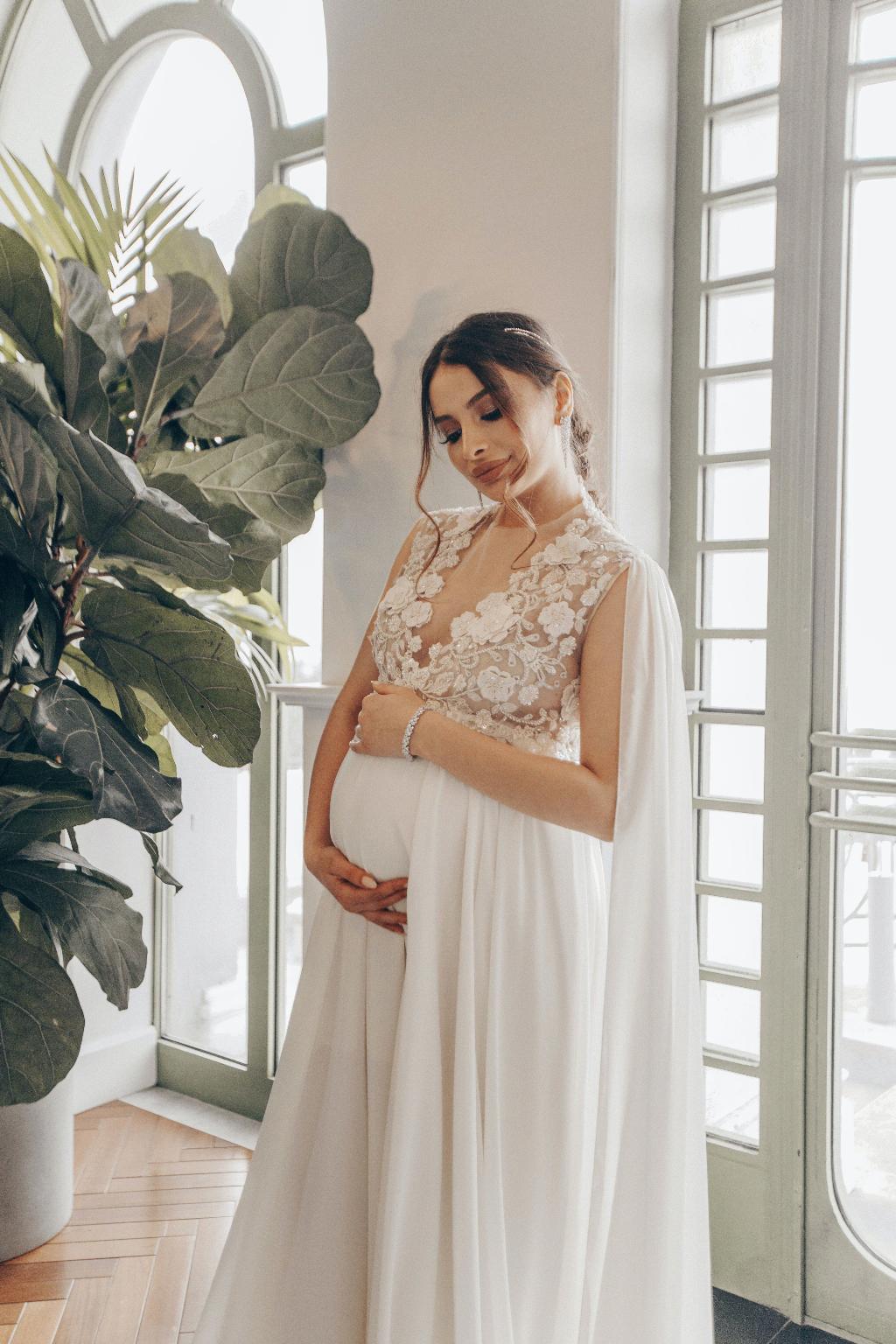When it comes to vaccines, especially during pregnancy, safety is a top concern for both expectant mothers and healthcare providers. While vaccines are crucial in protecting individuals from various diseases, the question of whether it is safe to receive the Mumps and Rubella (MMR) vaccine during pregnancy is one that requires careful consideration.
Expert Recommendations
According to the Centers for Disease Control and Prevention (CDC), the MMR vaccine is considered safe to receive before pregnancy or immediately postpartum. However, the CDC recommends that pregnant women should not receive the MMR vaccine due to the live attenuated viruses present in the vaccine, which could pose a theoretical risk to the developing fetus.
Timing Is Key
It is essential to discuss vaccination plans with your healthcare provider before becoming pregnant to ensure adequate immunity against measles, mumps, and rubella. If you are not immune to these diseases, it is generally recommended to receive the MMR vaccine at least one month before conception to minimize any potential risks.
Protecting Against Complications
Contracting mumps or rubella during pregnancy can lead to serious complications such as stillbirth or fetal malformations. By ensuring immunity through vaccination before pregnancy, you can protect yourself and your unborn child from these potential risks.
Individualized Risk Assessment
Every pregnancy is unique, and factors such as your immune status, previous vaccination history, and the prevalence of diseases in your community should be taken into account when considering the MMR vaccine during pregnancy. Your healthcare provider can help assess your individual risk and make an informed decision.
Weighing the Benefits
While the MMR vaccine is not recommended during pregnancy, the benefits of vaccination in the preconception period or postpartum cannot be overstated. By ensuring immunity to measles, mumps, and rubella, you are not only protecting yourself but also providing indirect protection to your baby through passive immunity.
Consulting Your Healthcare Provider
It is crucial to have an open and honest discussion with your healthcare provider about your vaccination status and plans for pregnancy. Your provider can offer personalized guidance based on your medical history and current health status to ensure the best possible outcomes for you and your baby.
Alternative Strategies
If you are unsure about vaccination during pregnancy, there are alternative strategies to consider. Ensuring that family members and close contacts are up to date on their vaccines can help create a protective cocoon around you and your baby, reducing the risk of exposure to infectious diseases.
Monitoring for Symptoms
If you have been inadvertently vaccinated with the MMR vaccine during pregnancy, it is essential to monitor for any adverse reactions or symptoms. While adverse events are rare, contacting your healthcare provider can help alleviate any concerns and ensure appropriate follow-up care.
Focusing on Prevention
Preventing infectious diseases during pregnancy is crucial for the health and well-being of both mother and baby. By following recommended vaccination schedules and staying informed about the latest guidelines, you can take proactive steps to safeguard your family’s health.
Conclusion
In conclusion, while the MMR vaccine is not recommended during pregnancy due to theoretical risks, ensuring immunity against measles, mumps, and rubella before conception is essential for protecting yourself and your baby. By working closely with your healthcare provider and staying informed about vaccination strategies, you can make informed decisions that prioritize the health and safety of your growing family.

